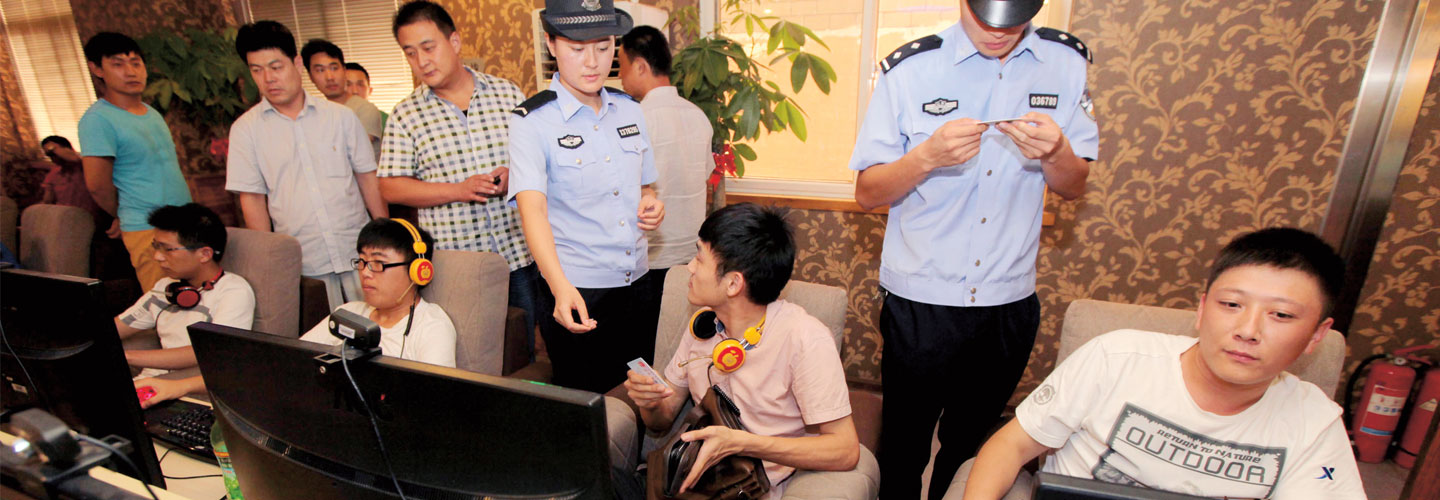The signs of an internet crackdown in China were unmistakable.
First, over the summer, Chinese authorities deleted foreign movies and TV shows, such as Saturday Night Live, from two popular video websites. Soon after, the messaging app WhatsApp was partly blocked by Chinese censors. Then, in November, the internet phone service Skype suddenly disappeared from download sites.
China, an authoritarian country where information is tightly controlled by the government, has long had an uneasy relationship with the internet. Recognizing its importance to the economy, officials haven’t entirely cut off access. Instead, China allows its citizens to go online, but with limits on what they can see and do.
Over the past several months, however, China has expanded its online censorship. Experts say the government fears that too much unfiltered information could lead to challenges for China’s one-party Communist system.
“It does appear the crackdown is becoming more intense,” says Emily Parker, an expert on the internet in China. “But the internet is also more powerful than it’s ever been.”
The signs of an internet crackdown in China were unmistakable.
It started over the summer. Chinese authorities deleted foreign movies and TV shows from two popular video websites. For example, they removed Saturday Night Live. Soon after, the messaging app WhatsApp was partly blocked by Chinese censors. Then, in November, the internet phone service Skype suddenly disappeared from download sites.
China is an authoritarian country where information is tightly controlled by the government. It has long had an uneasy relationship with the internet. Recognizing the internet’s importance to the economy, officials have not entirely cut off access. They do allow citizens to go online. But they limit what people can see and do.
This online censorship has been expanded over the past several months. Experts say the government is afraid that too much unfiltered information could lead to challenges for China’s one-party Communist system.
“It does appear the crackdown is becoming more intense,” says Emily Parker, an expert on the internet in China. “But the internet is also more powerful than it’s ever been.”

